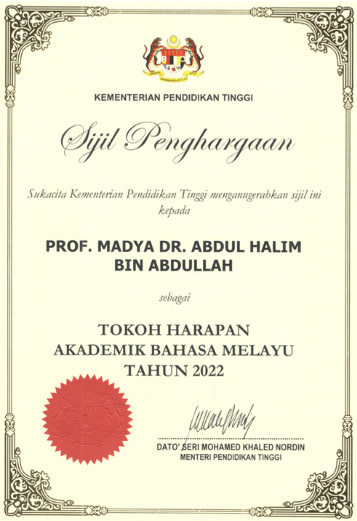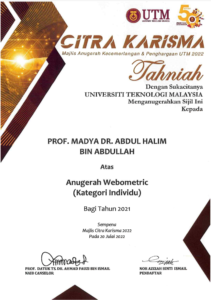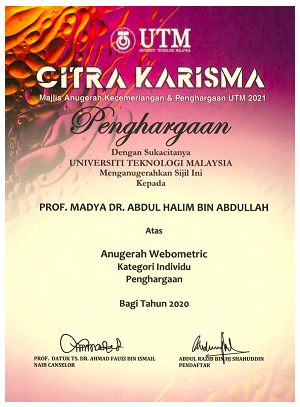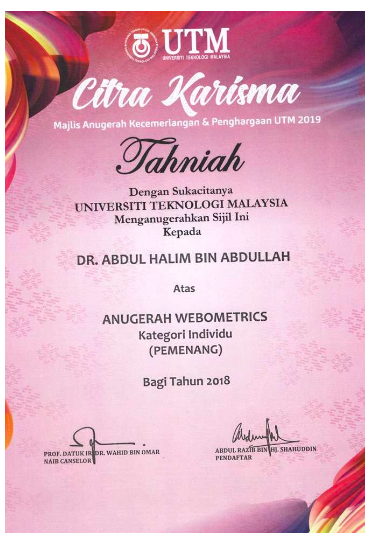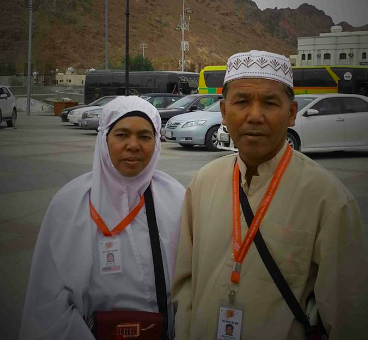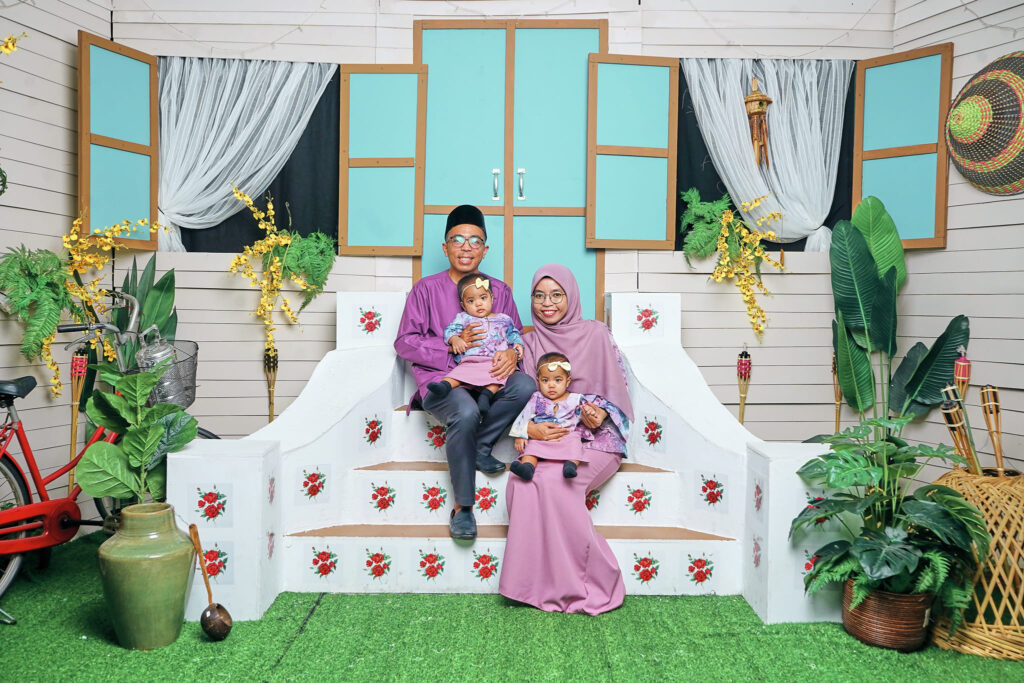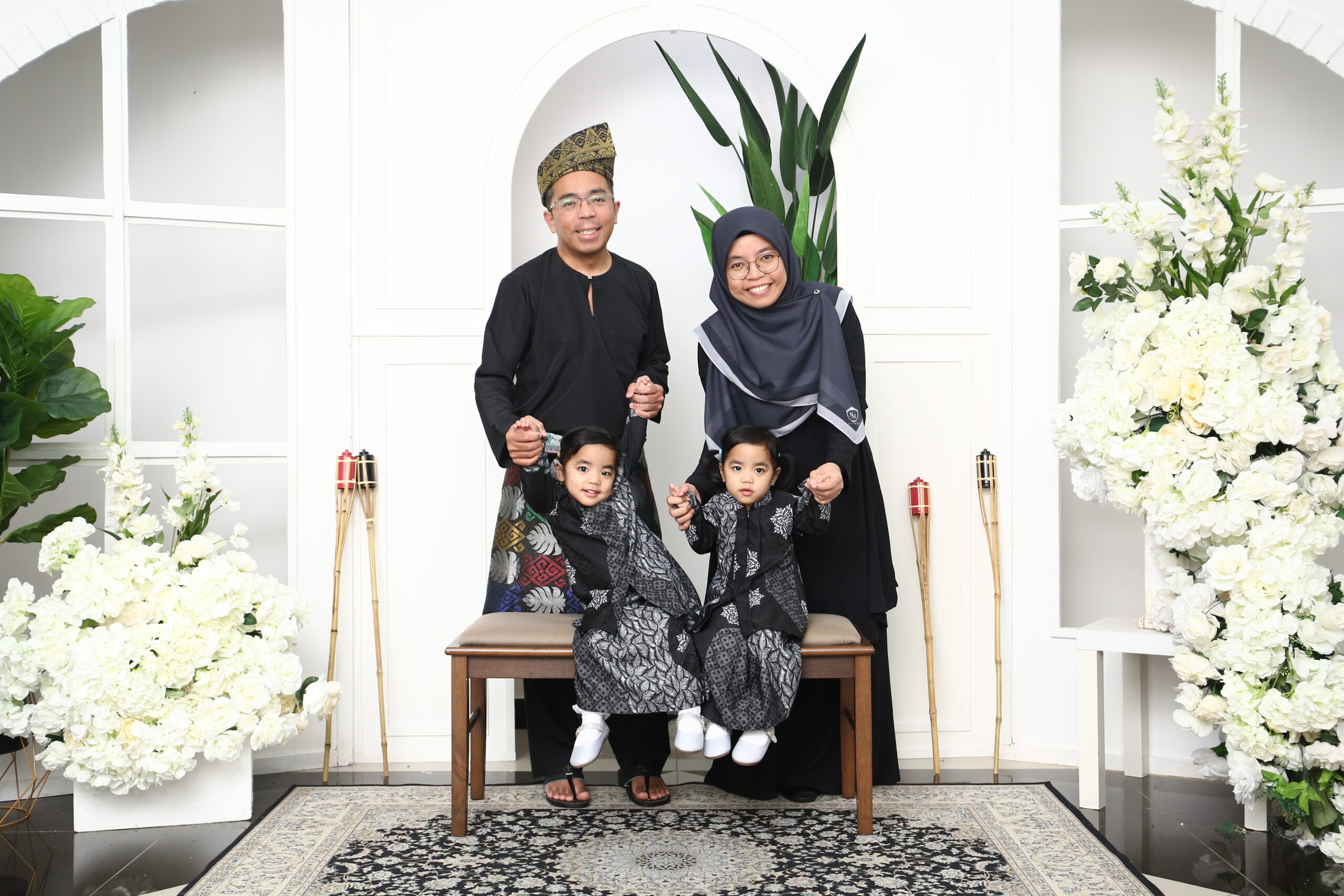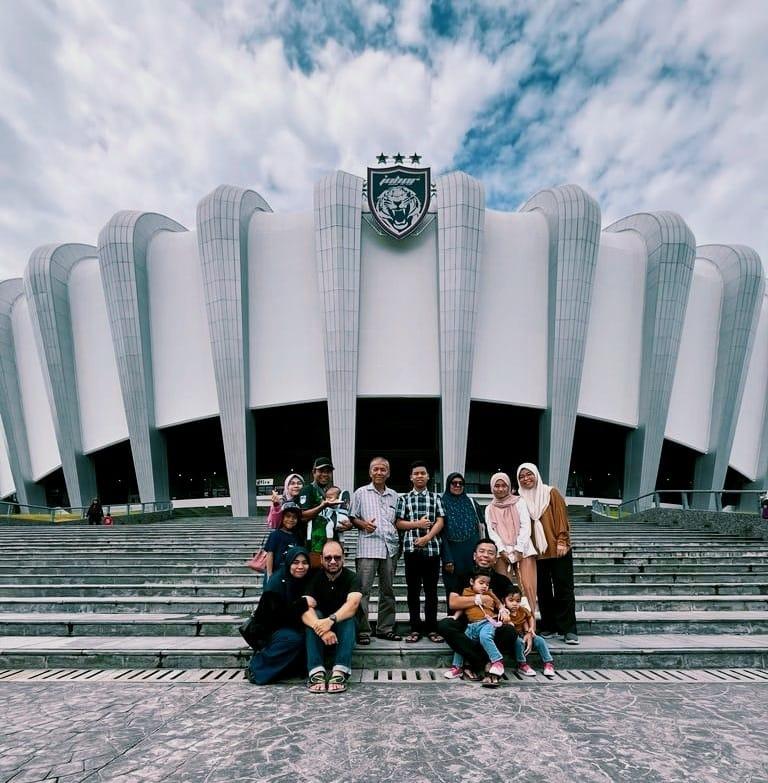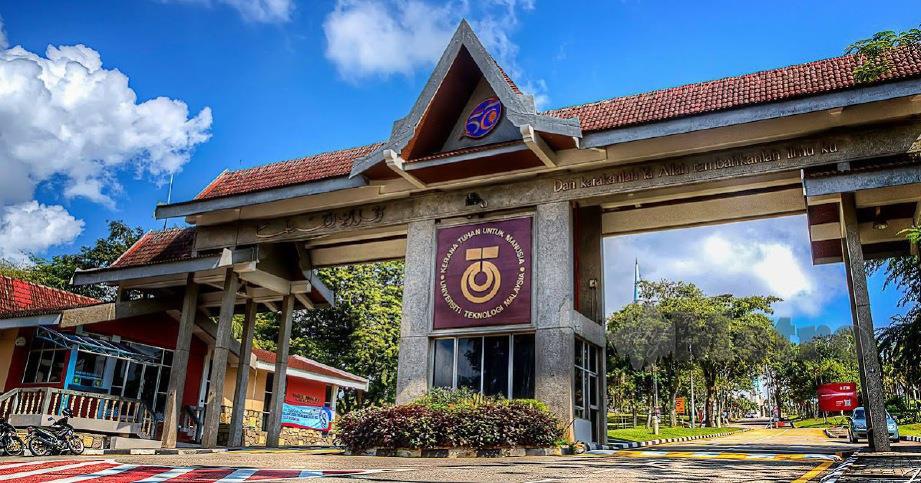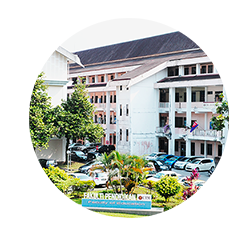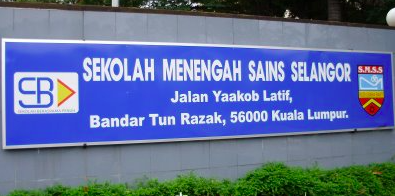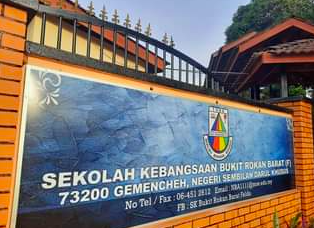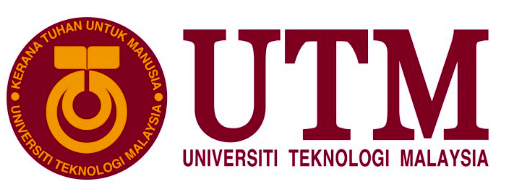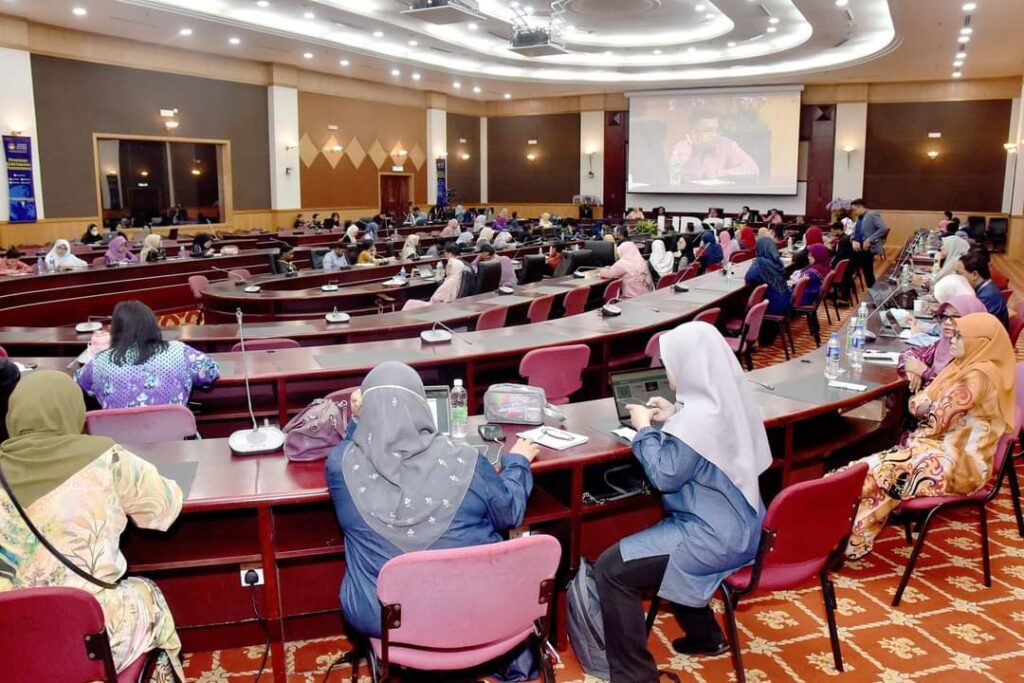
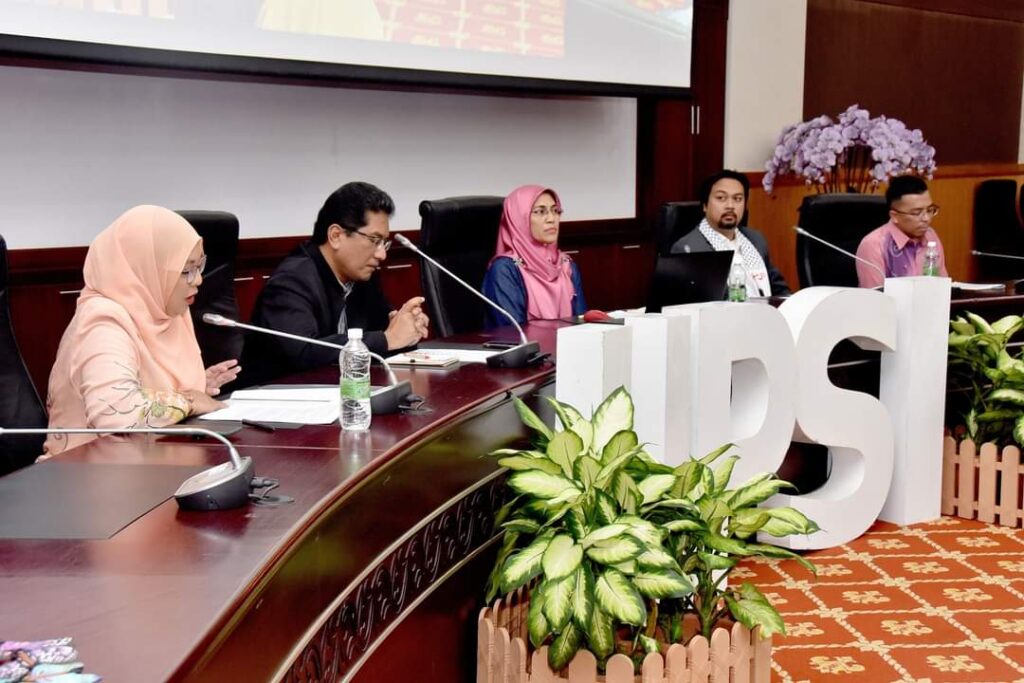
On the 26th of October 2023, I extend my gratitude to the Faculty of Science and Mathematics at Universiti Pendidikan Sultan Idris for extending an invitation to participate as one of the panelists in the forum held in conjunction with the IPCSM 2023 conference. The forum, which ran from 11 am to nearly 1 pm, was titled “Innovation in Education: Nurturing or Disrupting?” The forum consisted of three rounds during which the panelists shared their perspectives in response to questions posed by the moderator.
Q: Drawing from your experience, what is your standpoint regarding the current state of educational development, especially in the context of innovation?
My respond:
- The Prime Minister, YAB, highlighted the need for the Ministry of Education (MOE) and the Ministry of Science, Technology, and Innovation (MOSTI) to adopt fresh approaches to captivate students’ interest in Science and Mathematics subjects.
- He emphasized that MOE’s recent research reveals a waning interest among students in both subjects, necessitating innovative methods to reignite their enthusiasm.
- The Minister of Education, YB Fadhlina Sidek, underscored that innovations offer solutions to address challenges in education. She stressed the vital role of such initiatives in ensuring that education remains pertinent amidst rapid technological and scientific advancements.
- Nevertheless, the realm of education is expansive, and generating innovations applicable to all Malaysian schools without clear directives from the ministry is a challenging task.
- Given the widespread concerns about the content density of textbooks, particularly in mathematics, it is challenging for MOE to add additional components to the existing curriculum.
- Consequently, innovation becomes the responsibility of teachers themselves in their efforts to help students improve their cognitive, psychomotor, and affective skills, aligning with the national educational philosophy.
- In terms of Higher-Order Thinking Skills (HOTS), many of my students engage in research focusing on HOTS with specific interventions or innovations, primarily within the field of mathematics.
- Typically, during the first semester, I request proposals from them to ensure that their studies can, at the very least, be applied within their respective schools, adhering to the adage “Ilmu tanpa amal, ibarat pohon tidak berbuah” (knowledge without action is like a fruitless tree).
- I advise them not to be overly ambitious, instead concentrating on innovations that can be effectively employed by their students to enhance their HOTS.
- Furthermore, I encourage them to partake in innovation exhibitions and author articles about their innovations to disseminate their work.
- It is paramount for teachers to possess the spirit and motivation to unlock the full potential of their students, in accordance with the “Falsafah Pendidikan Kebangsaan” (National Education Philosophy).
- In my view, the true essence of innovation in teaching and learning lies in helping students acquire knowledge, as opposed to merely rushing through the syllabus with little gain for the students.
Q: What are the most significant challenges and impediments to fostering innovation in education today?
My respond:
- The traditional Malaysian education system has long been rooted in rote learning and a teacher-centric approach. Transitioning to more innovative methods can prove challenging, as it faces resistance from educators and parents accustomed to the established system.
- Malaysia heavily relies on standardized testing, which can act as an obstacle to innovation.
- Many schools in Malaysia, especially in rural areas, lack essential resources for innovative education. This deficiency encompasses access to technology, adequately trained educators, and contemporary teaching materials.
- The national curriculum may not always exhibit the necessary flexibility to accommodate innovative teaching techniques. Implementing changes to the curriculum can be a slow and arduous process.
- Malaysian teachers often grapple with heavy workloads, which can curtail their ability to explore and implement innovative teaching methods.
- Traditional grading systems may not effectively gauge the success of innovative approaches, potentially leading to resistance from parents and educational authorities who are accustomed to conventional metrics.
- One of the primary challenges lies in the reluctance to change among educators, administrators, and other stakeholders. Many individuals are comfortable with traditional teaching methods and may hesitate to embrace novel approaches.
- Teachers often lack the requisite training and professional development to proficiently implement innovative practices. They necessitate support and guidance to acquire new skills and adapt to innovative teaching methods.
- Inadequate funding, technology, and resources can impede the development and execution of innovative practices. Numerous schools and districts may struggle to invest in the essential infrastructure and tools.
- The emphasis on standardized testing and assessment can restrict the adoption of innovative practices. Educators may feel compelled to “teach to the test” instead of concentrating on comprehensive learning and skills development.
- Some educators may perceive that innovative practices augment their workload, which can lead to resistance to change.
- Addressing the diverse needs of students with varying learning styles, abilities, and backgrounds can be intricate when implementing innovative practices.
- A shortage of clear evidence and research on the effectiveness of specific innovative practices can make it challenging for educators to justify their adoption.
Q: How can the government, educators, stakeholders, and students work together more effectively to nurture innovation in education?
My respond:
- Nurturing innovation in education in the Malaysian context requires a collaborative effort from various stakeholders, including the government, educators, other stakeholders, and students.
- Government especially Ministry of Education has to create an innovation-friendly policy environment that encourages experimentation and creativity in education. As announced by the Prime Minister in the Budget 2024 recently, MOE and MOSTI should work together to develop policies that promote flexibility, autonomy, and a focus on 21st-century skills especially in STEM.
- However, the basic concepts of STEM must be mastered by all educator as well as students regardless the location of the schools.
- The government also should allocate sufficient funding for research, development, and implementation of innovative educational practices. Establish innovation grants and incentives for schools and educators to experiment with new ideas. At the moment, all academician in higher education have to compete among each other which will make the probability for academician in educational field is low. It is quite difficult for Ministry of Education to provide special fund to lecturers in education field and teachers at schools due to financial constraints.
- Collaboration with private sector organisations, NGOs, and academic institutions to share resources, knowledge, and expertise in educational innovation also important. I believe the benefits of DTD or Double Tax Deduction give advantages to both researchers and industry in order to come up with innovation.
- For educators, invest in continuous professional development programs to train teachers in innovative teaching methods and technology integration.
- Foster a culture of collaboration among educators, encouraging the sharing of best practices and successful innovative approaches.
- Encourage educators to experiment with new teaching methods, technology, and pedagogical approaches. Recognise and reward innovative teaching practices.
- Conduct research to evaluate the effectiveness of innovative strategies, ensuring data-driven decision-making.
- Engage parents and local communities in the education process. Encourage their involvement in schools and support innovative programs.
- Encourage students to participate in the design and evaluation of innovative educational initiatives. Their input is valuable in shaping the education system to meet their needs.
- Teach students to think creatively, solve problems, and embrace change. Involve them in the project-based learning. Encourage them to be active participants in their learning process.
Thank you again, UPSI, for having me. Until we meet again.


